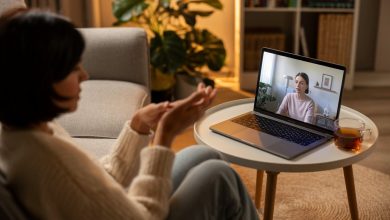Social Media Detox: Powerful Path to Mental Clarity
Reclaim Your Focus: The Simple Guide to a Social Media Detox

Social media detox is a growing trend for people who want to feel better and think more clearly. In this article, you’ll learn what a social media detox is, why it helps, and how you can try it yourself—all in simple, easy-to-understand language.
What Is a Social Media Detox?
A social media detox means taking a break from social media apps and websites for a certain period. This could be a few days, a week, or even longer. The goal is to step away from scrolling, notifications, and online drama to give your mind a rest.
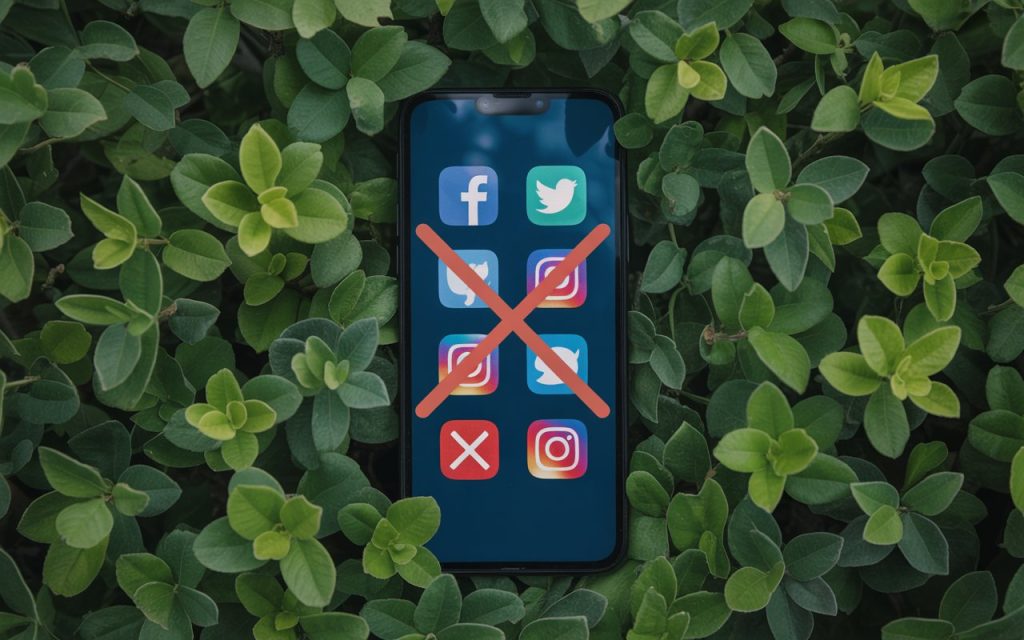
Why Do People Try a Social Media Detox?
Many people feel overwhelmed by social media. It can be hard to focus, sleep, or relax when you’re always checking your phone. A social media detox helps you:
- Reduce stress and anxiety
- Improve focus and attention
- Sleep better
- Feel happier and more present
How Social Media Affects Your Brain
Social media is designed to grab your attention. Every like, comment, or notification gives your brain a little rush of dopamine, a chemical that makes you feel good. Over time, this can make it hard to concentrate on other things. You might find yourself checking your phone even when you don’t want to.
The Science Behind Social Media Detox
Research shows that taking a break from social media can help your brain recover. Studies have found that people who do a social media detox:
- Feel less anxious and stressed
- Sleep better and longer
- Have more time for real-life activities
- Feel happier and more satisfied

Benefits of a Social Media Detox
Here are some of the main benefits you can expect from a social media detox:
1. Better Mental Clarity
Without constant notifications and updates, your mind feels less cluttered. You can think more clearly and make better decisions.
2. Less Stress and Anxiety
Social media can be stressful. Taking a break helps you feel calmer and more relaxed.
3. Improved Focus
You’ll find it easier to concentrate on work, school, or hobbies without distractions.
4. Better Sleep
Less screen time before bed means better sleep quality and more energy during the day.
5. More Free Time
You’ll have extra time to spend with family, friends, or on activities you enjoy.
6. Stronger Relationships
Spending less time online means more time for real conversations and connections.
Table: Benefits of a Social Media Detox
| Benefit | How It Helps You |
|---|---|
| Mental clarity | Clearer thinking, better decisions |
| Less stress | Calmer, more relaxed |
| Improved focus | Better concentration at work or school |
| Better sleep | Higher quality sleep, more energy |
| More free time | Time for hobbies, family, and friends |
| Stronger relationships | More real-life conversations and connections |
How to Do a Social Media Detox
A social media detox is easy to start. Here’s how you can do it:
1. Set a Goal
Decide how long you want to take a break. It could be a day, a week, or even a month.
2. Tell Your Friends
Let your friends and family know you’re taking a break. They can support you and help you stay on track.
3. Delete Apps or Turn Off Notifications
Remove social media apps from your phone or turn off notifications so you’re not tempted to check them.
4. Find Other Activities
Fill your time with hobbies, exercise, reading, or spending time with loved ones.
5. Reflect on Your Experience
After your detox, think about how you feel. Do you feel happier, calmer, or more focused? Use this to decide if you want to use social media less in the future.
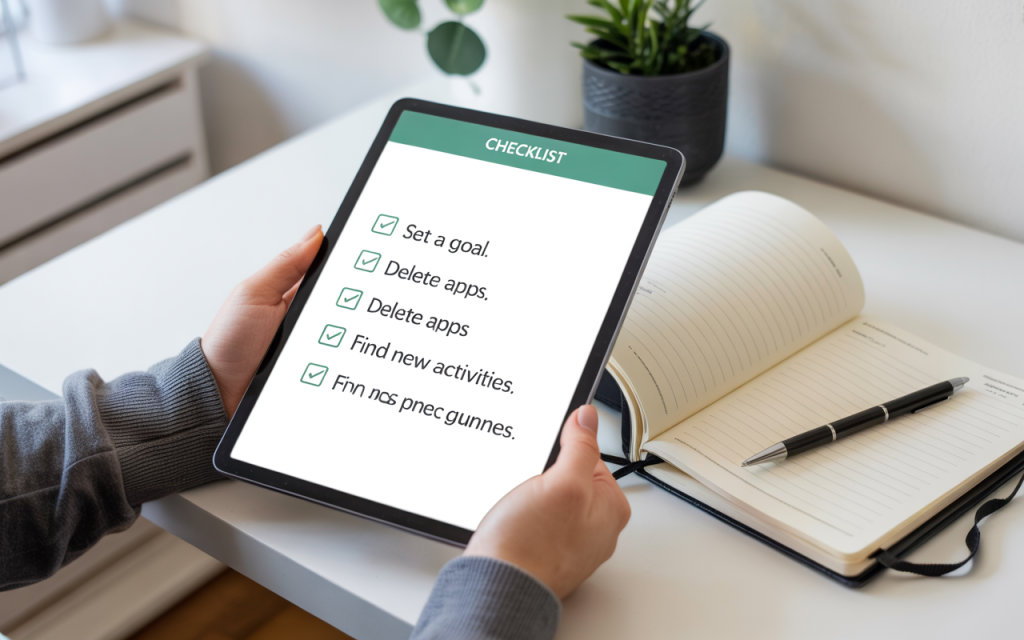
Real-Life Stories
Here are some real examples of people who tried a social media detox:
- Sarah, 28: “I felt less anxious and slept better after just one week off social media.”
- Tom, 35: “I had more time for my family and hobbies. I didn’t miss social media at all.”
- Lisa, 22: “My grades improved because I could focus better on my studies.”
Common Challenges and How to Overcome Them
It’s normal to feel a little lost or bored at first. Here are some tips to help you stick with your social media detox:
- Find new hobbies or activities to keep you busy.
- Spend time with friends and family in person.
- Remind yourself why you’re doing the detox.
- Be patient—it gets easier after a few days.
How to Stay Off Social Media Long-Term
If you want to keep using social media less after your detox, try these tips:
- Set limits on how much time you spend online each day.
- Turn off notifications.
- Use apps that track your screen time.
- Schedule regular detox periods.
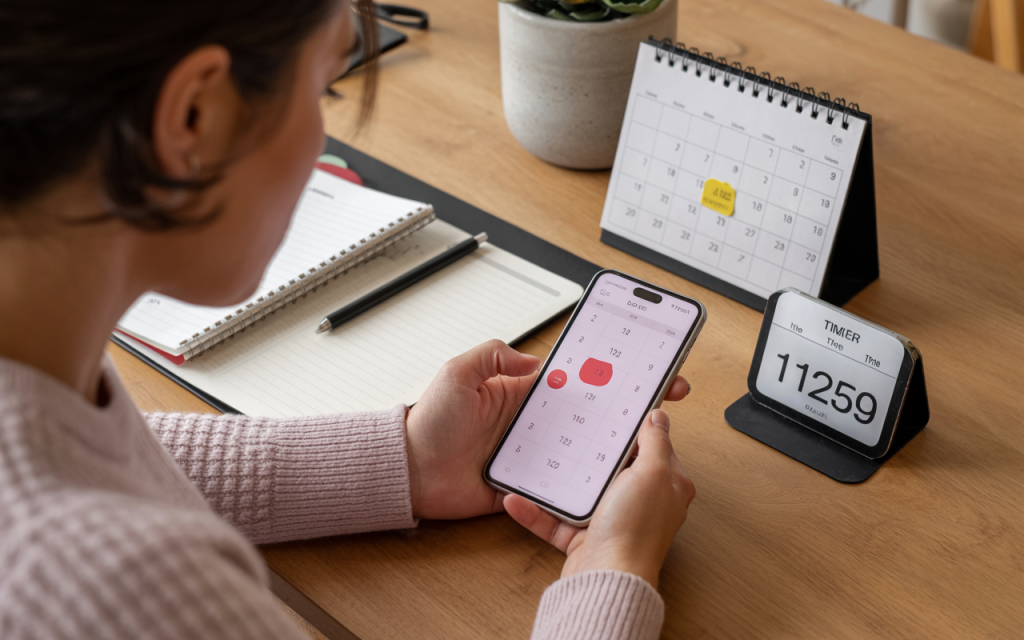
The Impact of Social Media Detox on Mental Health
Many people find that a social media detox helps their mental health. They feel less anxious, more confident, and happier overall. Taking a break from social media can also help you see how much time you were spending online and how it was affecting your mood.
How Social Media Detox Helps Different Age Groups
People of all ages can benefit from a social media detox:
- Teens: Can focus better on school and feel less pressure to compare themselves to others.
- Adults: Can reduce stress and have more time for family and hobbies.
- Seniors: Can stay more connected to real-life friends and activities.
Tips for a Successful Social Media Detox
Here are some extra tips to make your social media detox a success:
- Start small: Try a one-day detox before going for a week or more.
- Find a buddy: Do the detox with a friend for extra support.
- Reward yourself: Treat yourself to something nice when you finish your detox.
- Reflect: Think about how you feel before and after your detox.

The Role of Social Media in Daily Life
Social media is a big part of modern life. It can be fun and helpful, but it can also be overwhelming. A social media detox helps you take control of your time and attention.
How to Talk to Others About Your Detox
Some people might not understand why you’re taking a break. Here’s how to explain it:
- Say you’re focusing on your mental health.
- Tell them you want to spend more time offline.
- Ask for their support and understanding.
The Future of Social Media Detox
More and more people are trying social media detox as they realize the benefits. In the future, it might become a regular part of healthy living, just like eating well and exercising.

Frequently Asked Questions (FAQs)
Q: What is a social media detox?
A: A social media detox is a break from social media apps and websites for a certain period.
Q: Why should I try a social media detox?
A: A detox can help you feel less stressed, sleep better, focus more, and enjoy real-life activities.
Q: How long should a social media detox last?
A: It can be as short as a day or as long as a month. Start with what feels comfortable for you.
Q: Will I miss out on important news or events?
A: You might miss some updates, but you can always check in with friends or family for important news.
Q: What should I do if I feel bored during my detox?
A: Try new hobbies, spend time with loved ones, or get outside and explore.
Q: Can a social media detox help with anxiety?
A: Yes, many people feel less anxious after taking a break from social media.
Q: How can I stay off social media after my detox?
A: Set limits, turn off notifications, and schedule regular detox periods.
Q: Is it hard to do a social media detox?
A: It can feel strange at first, but it gets easier with time. Most people feel better after a few days.
Q: Can kids and teens do a social media detox?
A: Yes, people of all ages can benefit from a detox.
Q: What if my friends or family don’t understand?
A: Explain why you’re doing it and ask for their support.
How to Make Social Media Detox a Habit
If you want to keep the benefits of your social media detox, try making it a regular habit. Set aside time each week or month to take a break from social media. You’ll feel happier, healthier, and more in control of your life.
The Role of Technology in Mental Health
Technology is a big part of our lives, but it’s important to use it wisely. A social media detox helps you find a healthy balance between online and offline time.

How to Track Your Progress
You can keep a journal or use an app to track how you feel before, during, and after your detox. This can help you see the benefits and stay motivated.
The Importance of Self-Care
A social media detox is a form of self-care. It’s a way to take care of your mind and give yourself a break from the noise of the online world.
How to Deal with FOMO (Fear of Missing Out)
It’s normal to worry about missing out when you’re not on social media. Remember that real-life experiences are just as important, if not more, than what you see online.
The Connection Between Social Media and Mental Health
Too much social media can lead to stress, anxiety, and low self-esteem. A social media detox helps you break this cycle and feel better about yourself.
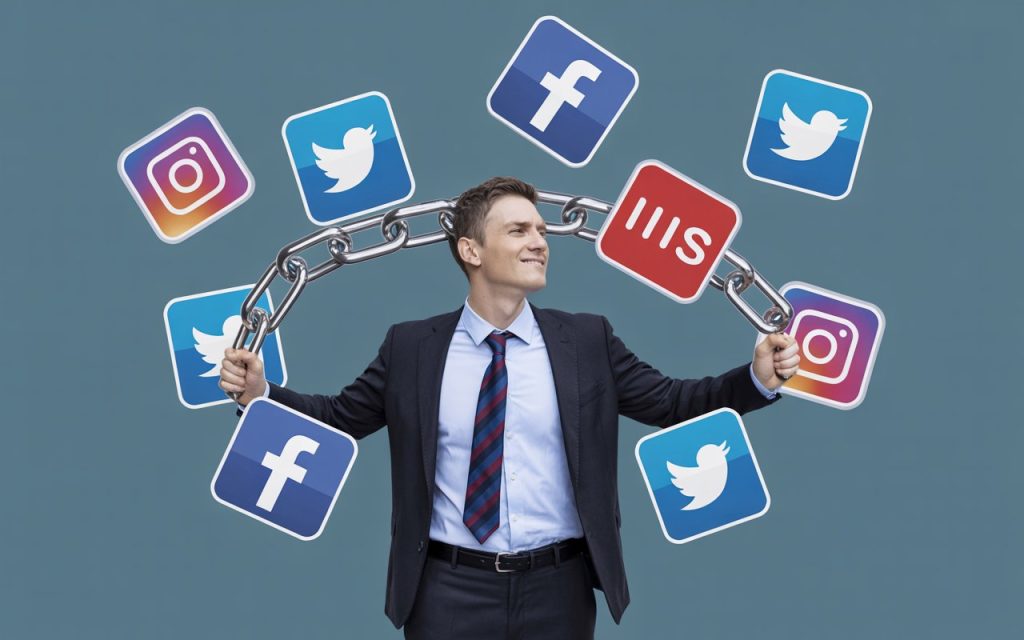
How to Support Others on Their Detox
If someone you know is doing a social media detox, be supportive. Encourage them, spend time with them, and respect their decision to take a break.
The Benefits of Digital Minimalism
Digital minimalism means using technology in a way that adds value to your life, not stress. A social media detox is a great way to practice digital minimalism.
How to Reintroduce Social Media After a Detox
If you decide to go back to social media after your detox, do it slowly. Set limits and pay attention to how you feel. If you start to feel stressed or overwhelmed, take another break.
The Power of Mindfulness
A social media detox helps you be more mindful and present in your daily life. You’ll notice more details, enjoy conversations, and feel more connected to the world around you.
The Impact of Social Media Detox on Productivity
Without the distraction of social media, you’ll find it easier to get things done. Many people report being more productive at work or school after a detox.
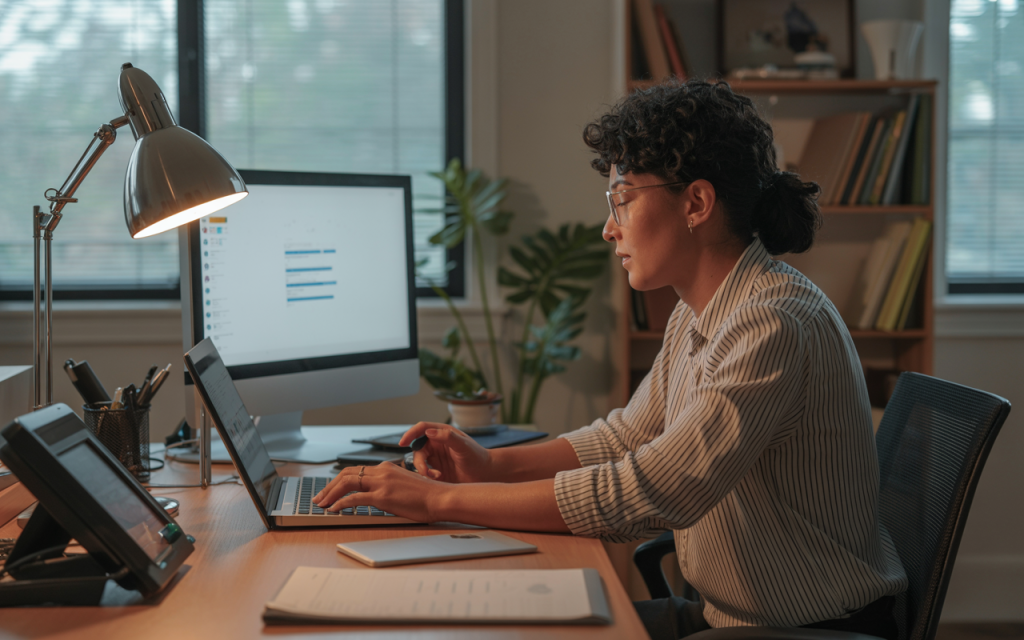
How to Create a Healthy Relationship with Social Media
A healthy relationship with social media means using it in a way that makes your life better, not worse. A social media detox helps you find this balance.
The Role of Community in Mental Health
Spending time with real-life friends and family is important for your mental health. A social media detox helps you focus on these real connections.
How to Celebrate Your Success
When you finish your social media detox, celebrate your achievement. Treat yourself to something you enjoy and reflect on how you feel.

The Long-Term Benefits of Social Media Detox
The benefits of a social media detox can last long after your break is over. You’ll feel more in control of your time, happier, and more focused.
Conclusion
A social media detox is a simple but powerful way to improve your mental clarity, reduce stress, and enjoy life more. By taking a break from social media, you give your mind a chance to rest and recharge. Whether you try a short detox or make it a regular habit, you’ll likely notice big improvements in how you feel and think.

